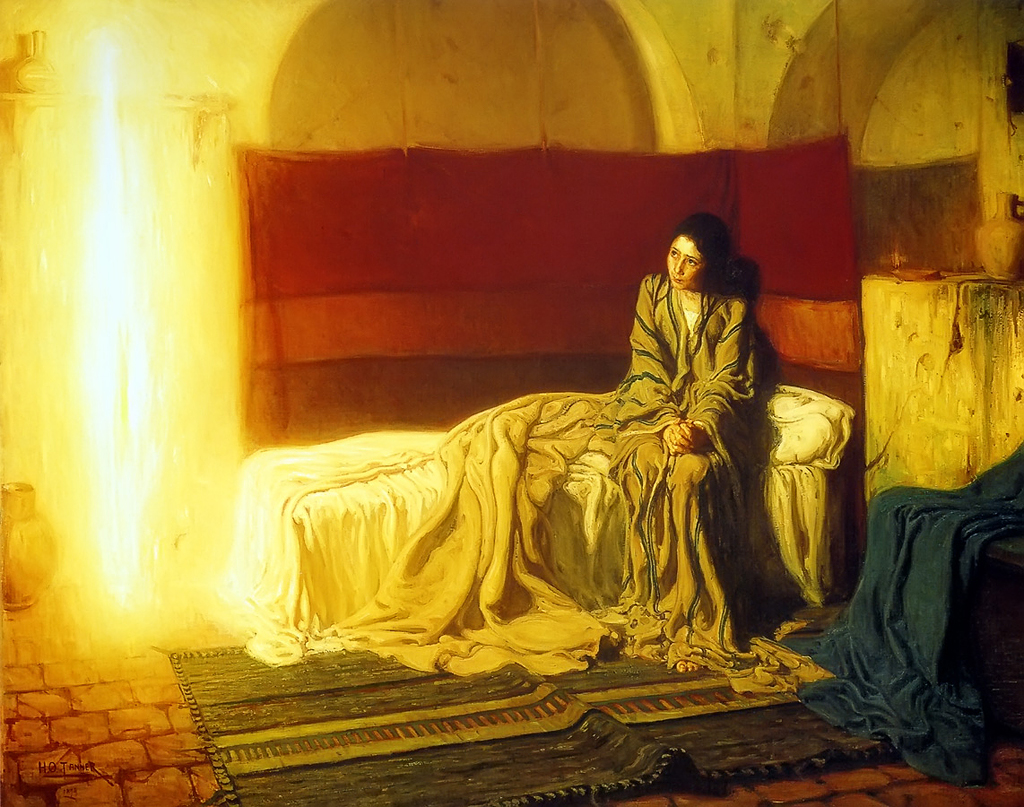After a 3-day delay caused by a defunct hot water heater, holiday baking has finally begun. Almond bars and China Chews are done. Next: Kifli (Polish delicacy), sandies, fudge,lemon bars, and possibly pinwheels. Shopping came to a grinding halt due to cost of replacing the water heater, but no fear,kids, all the big ticket items were already purchased. We'll just go leaner in the filling-in-the-cracks department this year. And on the stocking stuffers. The tree is up with the (apparently) one of a kind topper, purchased at a garage sale 18 years ago.
It still hasn't snowed with accumulation here and this is strange! Not ready to credit global warming yet, since the last 7 winters have yielded plenty of December snow. But pity my poor husband, who is dying to try out the shiny new snow blower he bought on Black Friday.
A few more last minute Catholic gifts in case you are not done.
I know that you know about the remarkable
Catholicism dvd series by Father Barron of WordonFire.com What you may now know is that it's now only
$99 at Amazon. I've justified asking for this item for Christmas, because once my family has all watched it, I'm going to make it available for extended loan to our parish and/or our local Catholic High School. So my lust to possess this series will be tempered by an eventual good deed of evangelization.
If you can't quite see your way at this point to spending another $99, consider just getting
Catholicism: the Book I already have this and it is pretty darn good. Like the video series, this is not so much apologetics as a joyful and
un-apologetic exposition of the Catholic universe. I love that it begins, not with proving the existence of God, but with the central Fact that makes our Faith too good to be true but true just the same: the Incarnation. Chapter 2 is the teachings of Jesus, and then in chapter 3 we backtrack to the existence of God in case any agnostics are listening in.
 --- 5 ---
--- 5 ---
Here's a virtual stocking-stuffer for friends who own a Kindle.
Infinite Space, Infinite God, edited by Karina Fabian, is a collection of Sci-Fi short stories in which either believing Catholic characters figure prominently and act on their faith,
or Catholic themes are explored. Check the reviews--you'll see it's been well received. Although my own tastes in geek fiction run more to fantasy than sci-fi, this has been one of the exceptions that has grabbed and held my interest. You can't beat the price. If your e-reader of choice is the Nook, this book is also
available in that format.

On the other hand, maybe you believe the experience of reading should include the aesthetic delights of turning those fine, silky pages, feeling the heft of that volume in your hand, stroking it's leather binding.
St. Benedict Press hears you loud and clear.
A Year with the Angels and
A Year with the Church Fathers are two superb daily devotionals that will make splendid gifts. You'll really have the sense of giving a treasure with either of these books, with it's gold pages edged and embossed (imitation) leather cover. Let alone the content, which is generous daily helpings of writings of the fathers and saints, with unobtrusive introductory statements , one daily question for reflection, and concluding prayers by author Mike Aquilina.

May your final week of advent be (relatively) peaceful and (highly) prayerful and overall, joyous.










 --- 5 ---
--- 5 ---

